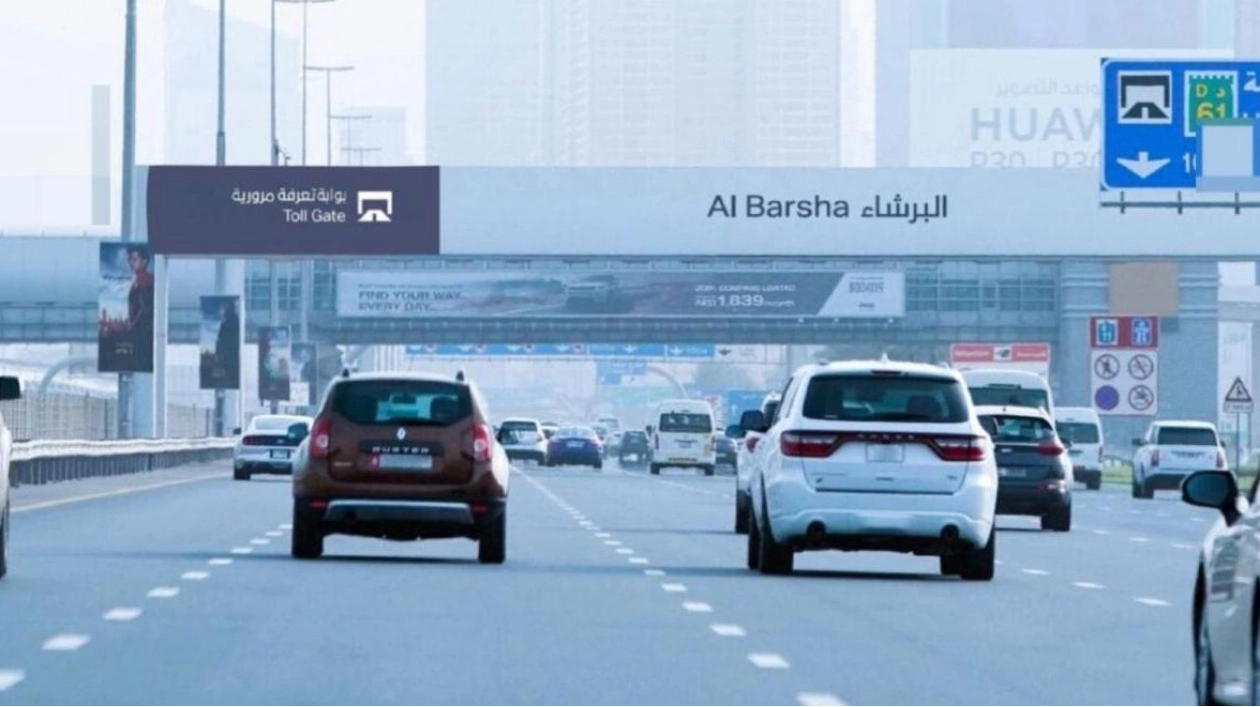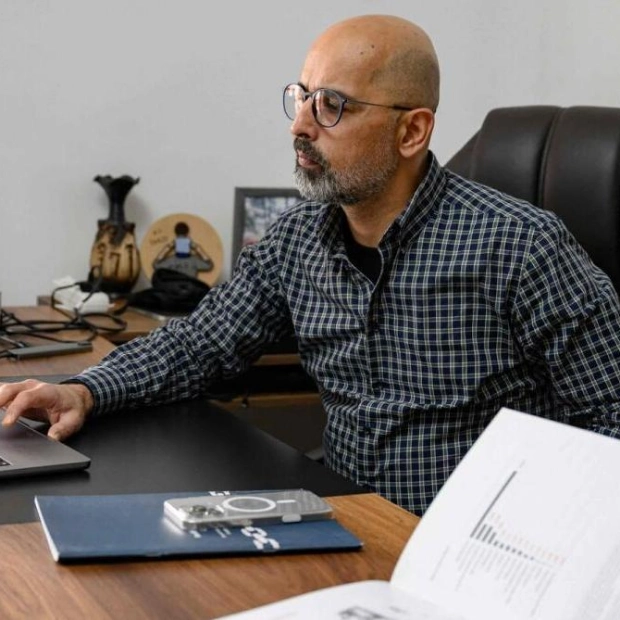As Dubai prepares to introduce 'dynamic' Salik toll gate fees and parking prices, UAE motorists are gearing up to modify their daily commutes. The Roads and Transport Authority (RTA) revealed on Thursday that it will roll out Variable Road Toll Pricing (Salik) and Variable Parking Tariff Policies in 2025 as part of the city's broader strategy to improve traffic flow.
Some drivers may alter their schedules, opting to wake up earlier to capitalize on the toll-free period, while others might delay their arrival to sidestep peak-hour charges. Concerns are mounting among residents who fear the impact on their household finances, particularly those with inflexible work or school timings. Some are considering asking for an extra transport allowance to cover the toll costs, while others are contemplating carpooling or using public transport.
Salik adjustments will take effect by the end of January 2025, offering toll-free passage between 1am and 6am. On weekdays, the toll will increase to Dh6 (a Dh2 rise) during morning peak hours (6am to 10am) and evening peak hours (4pm to 8pm). For off-peak hours—between 10am and 4pm, and from 8pm to 1am—the toll will remain Dh4. On Sundays, excluding public holidays, special occasions, or major events, the toll will be Dh4 throughout the day and free from 1am to 6am.
By the end of March 2025, new parking fees will be Dh6 per hour for premium parking spaces and Dh4 per hour for other paid public parking spaces during morning peak hours (8am to 10am) and evening peak hours (4pm to 8pm). The tariffs will stay the same during off-peak hours—from 10am to 4pm, and from 8pm to 10pm. Parking will be free at night, from 10pm to 8am, and all day on Sundays and public holidays. A new congestion pricing policy will also be introduced around the Dubai World Trade Centre (DWTC) during major events in February 2025.
Dr. Mostafa Al Dah, founder of MA-Traffic Consulting and former head of the traffic studies section at Dubai Police, noted that the variable timing might benefit those who commute for night shifts or early in the morning when the roads are already empty. Al Dah emphasized that Dubai’s Salik toll fee adjustment was necessary, citing London’s congestion charge, which has tripled since its inception in 2003.
Residents like Filipino entrepreneur Michael da Costa and student Zayaan Ali expressed concerns about the increased financial burden. Da Costa highlighted the need for a more comprehensive approach to traffic management, while Ali plans to carpool or use public transport to mitigate the higher tolls.
Long-time resident Richelle Wingco-Fosberry and senior communications consultant Sharrah Khilawala also voiced their doubts about the dynamic pricing scheme's cost-saving potential. Khilawala, who commutes from Sharjah to Dubai Media City, anticipates a significant increase in monthly expenses and is considering carpooling with her husband.
For Mayank Chaturvedi, director at Brand Sentry, the new tariffs will only exacerbate traffic issues and financial strain. He suggests that more fuel- and cost-effective solutions are needed to truly assist commuters.
Residents like Mohammed Abu Hamdan and Firas Mostafa are planning to leave earlier or request adjustments to their work schedules to avoid the higher tolls. Syed Basit, a marketing executive, is also considering asking his company for an increased Salik allowance to manage the new charges.
Source link: https://www.khaleejtimes.com






